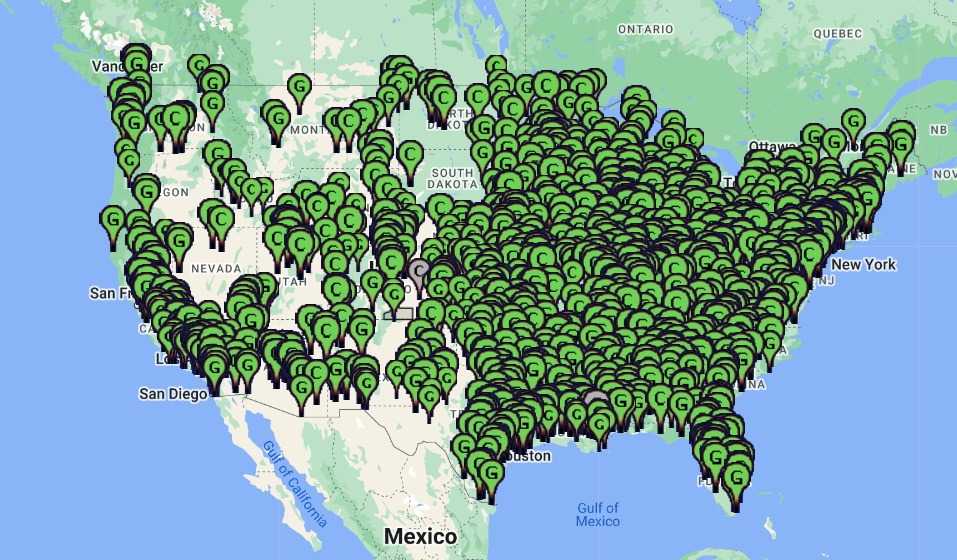Florida Forest Service Report on Forest Sustainability Challenged
- by Bruce Ritchie, September 6, 2013. Source: The Florida Current
A Florida Forest Service report required by 2012 legislation found that the state’s forests overall are sustainable but there are some counties where some types of trees are being harvested faster than they are being grown.
The report was required by HB 7117, a comprehensive energy bill, amid concerns that proposed new biomass energy plants could increase costs for existing sawmills, pulp mills and others in the forest product industry.
“The study indicates that most counties in Florida have highly sustainable forests that meet or exceed the demands of our forest products industry,” Agriculture Commissioner Adam H. Putnam said in a press release issued this week.
However, some environmentalists and a University of Florida ecology professor say the definition of sustainable was too narrowly focused on wood supplies and didn’t consider a variety of other issues including effects on wildlife habitat, forests and wetlands from cutting down trees or the effect on climate change from wood burning.
Scot Quaranda, campaign manager of the Dogwood Alliance, an environmental group based in Asheville, N.C., focused on Southern forest issues, said the report shows that there is too much harvesting pressure on forests in some counties in northwest and northeast Florida.
The study, he said, indicates there is “no room for expansion with industrial scale forest biomass and pellet industries.”
As called for in HB 7117, the study was to provide a “comprehensive statewide forest inventory analysis and study, using a geographic information system, to identify where available biomass is located, determine the available biomass resources, and ensure forest sustainability within the state.”
Francis E. Putz, an applied ecologist at UF specializing in tropical forest silvaculture, said the study assumes that important cypress ponds habitat could be converted into hardwood swamps to provide wood needed for industry.
The study, he said, is “based on a very narrow and outmoded definition of ‘sustainability’ that considers only timber and not the many other values of forests.”
Putz was among 60 scientists who wrote a letter to the European Union parliament last week raising concerns about burning wood from southeastern U.S. forests in European biomass energy plants.
Erin Gillespie, press secretary of the Florida Department of Agriculture and Consumer Services, said the goal of the study as required by the legislation was accomplished.
Responding to Quaranda’s concerns, Gillespie said pressure on pine forests was identified in the study and that there is no pressure on hardwood forests anywhere in the state.
And as far as wetlands, “For the first time, the state now has an accurate map of mangroves, cypress and other forested wetlands to be able to determine trends in the future,” she said.

